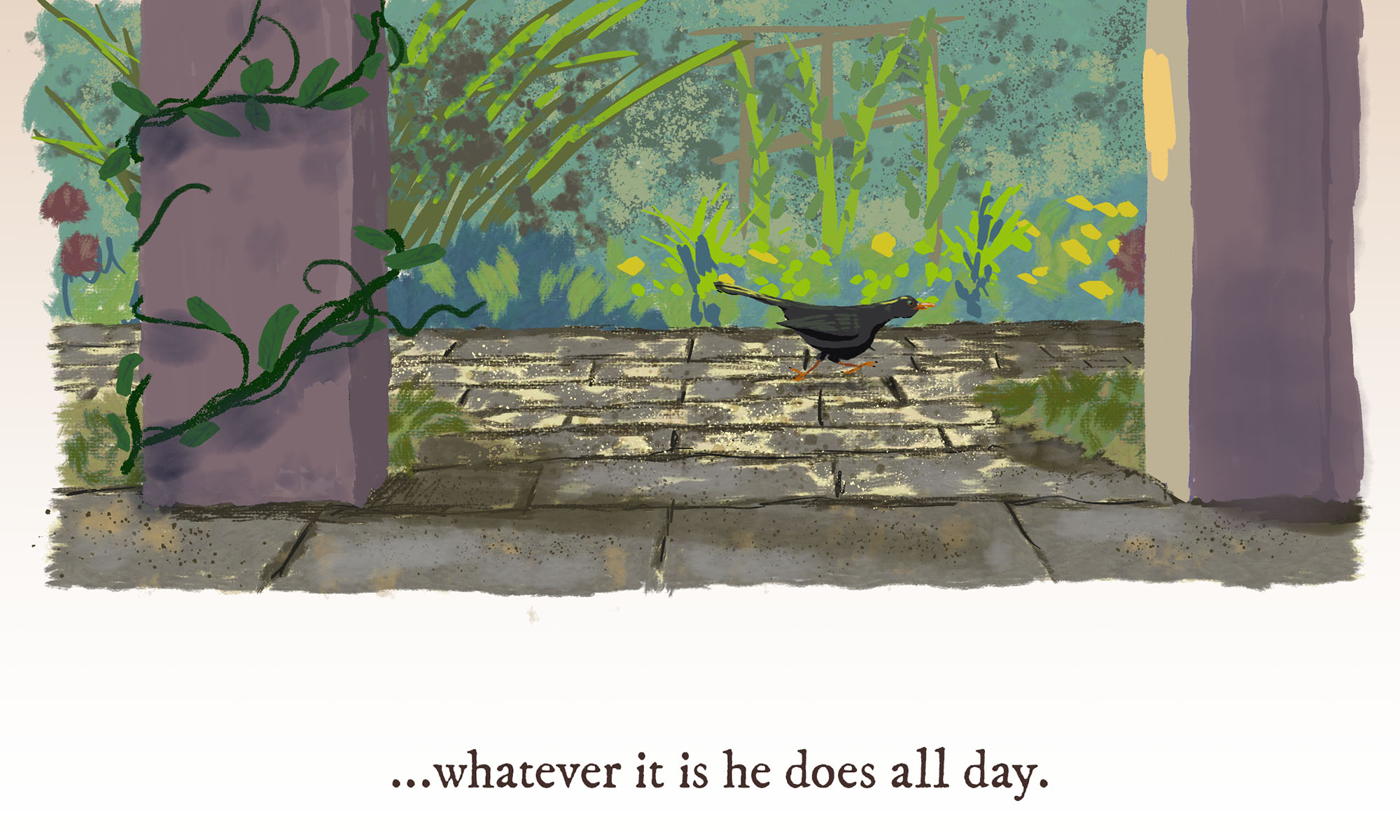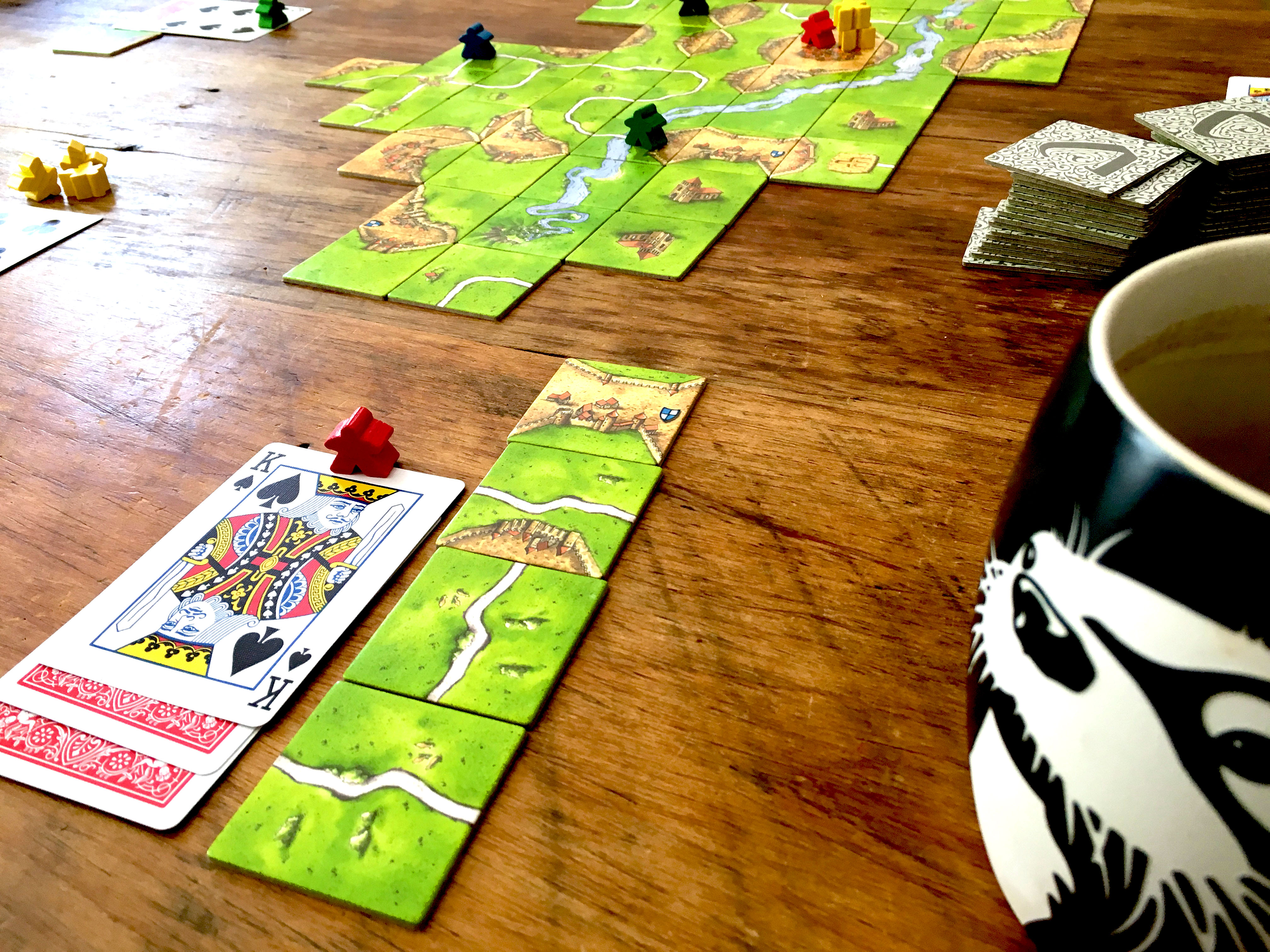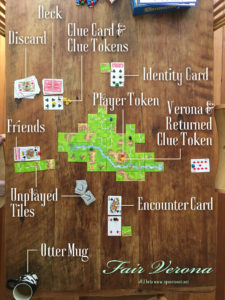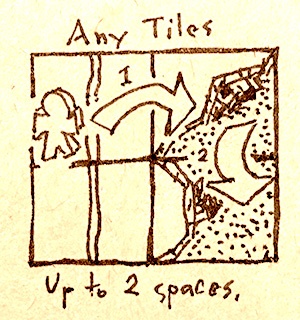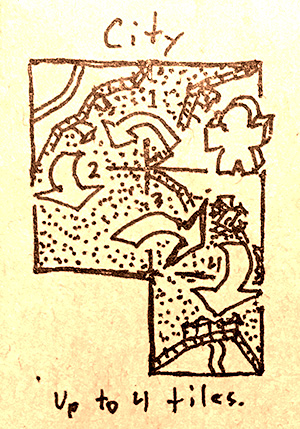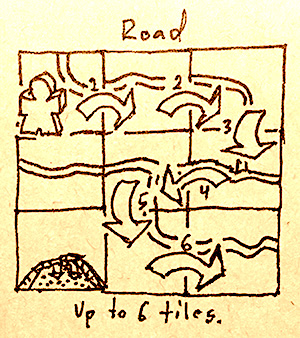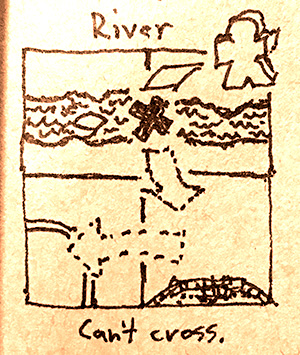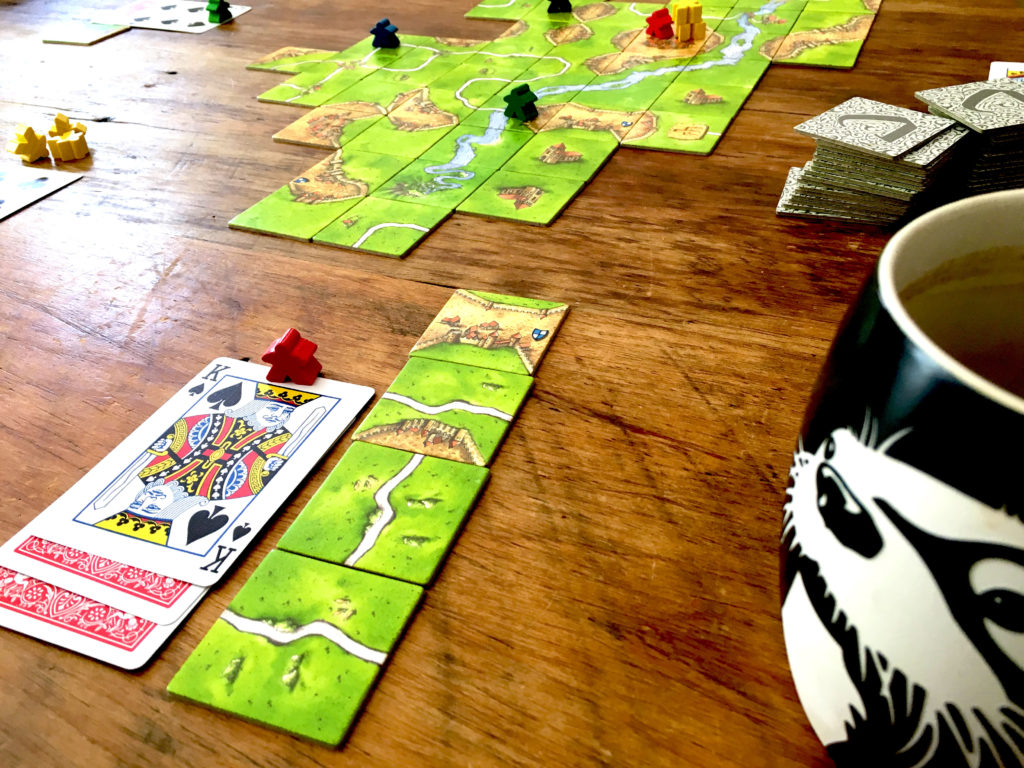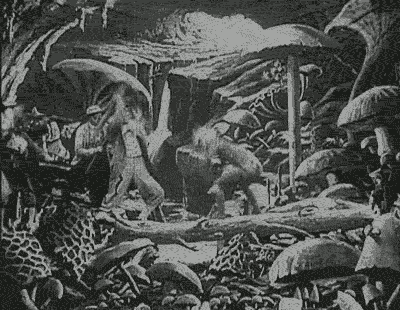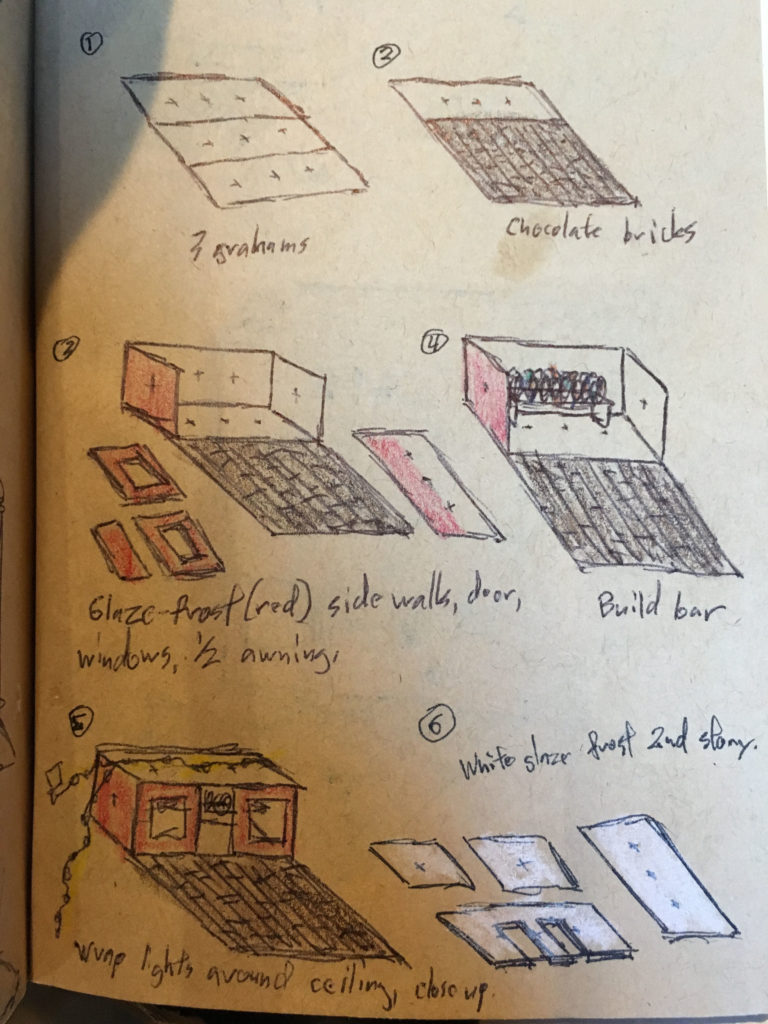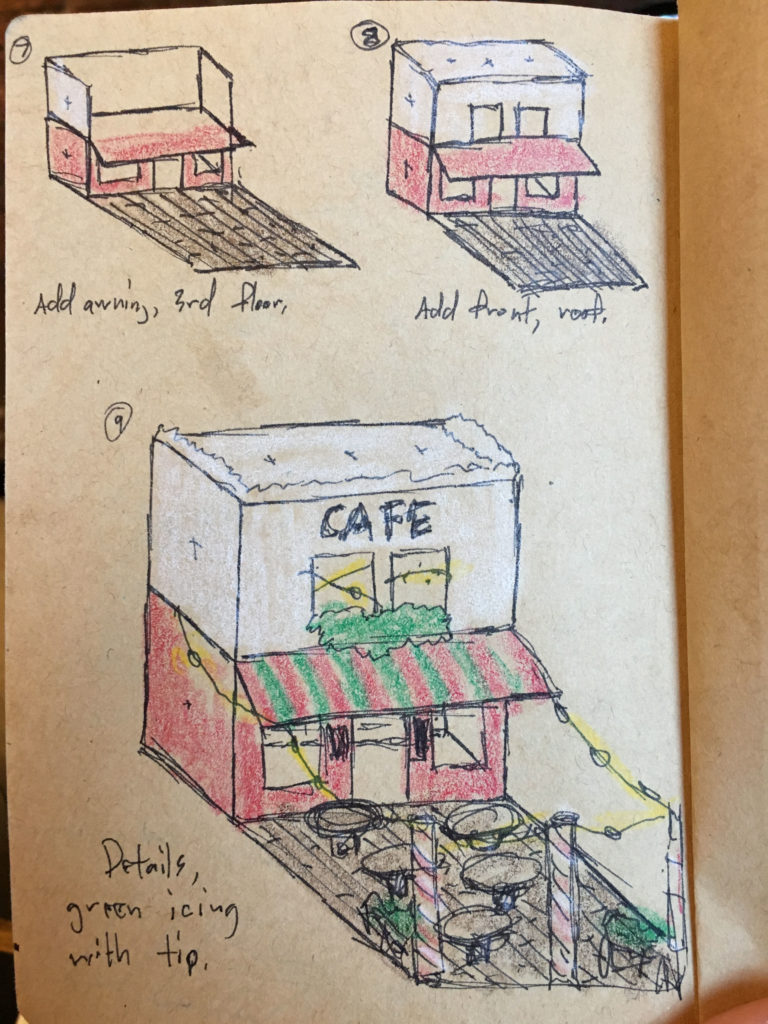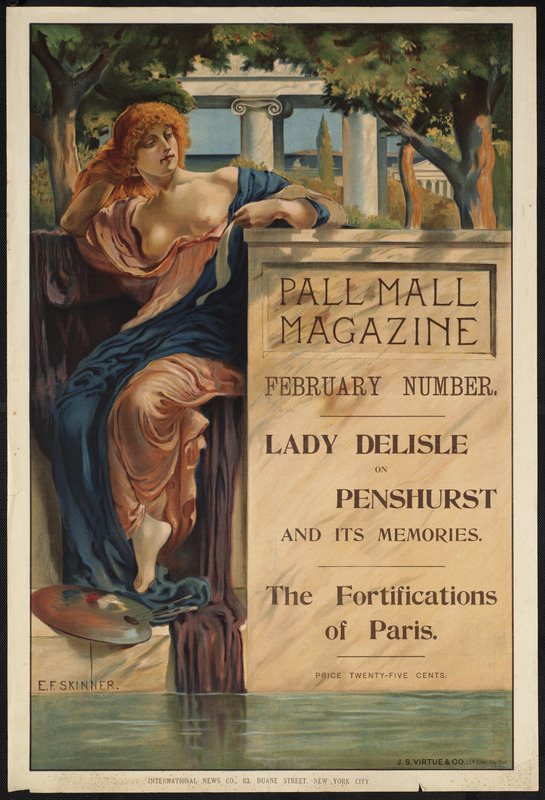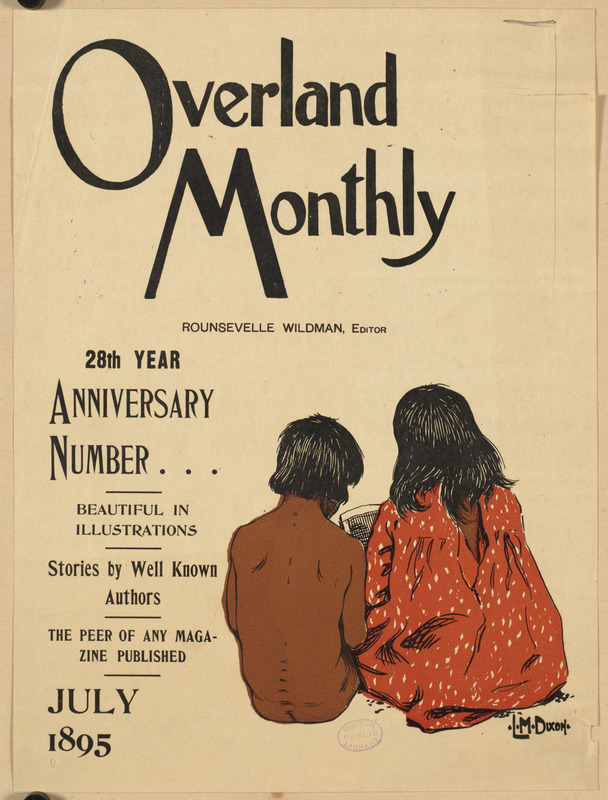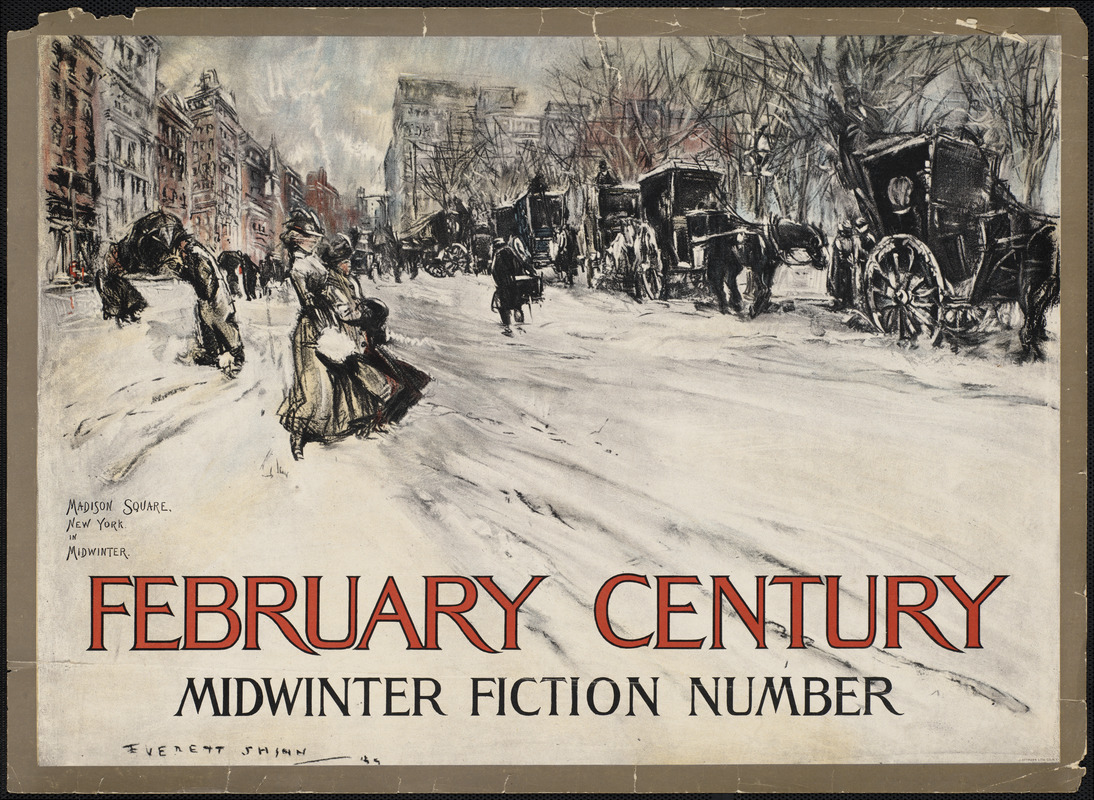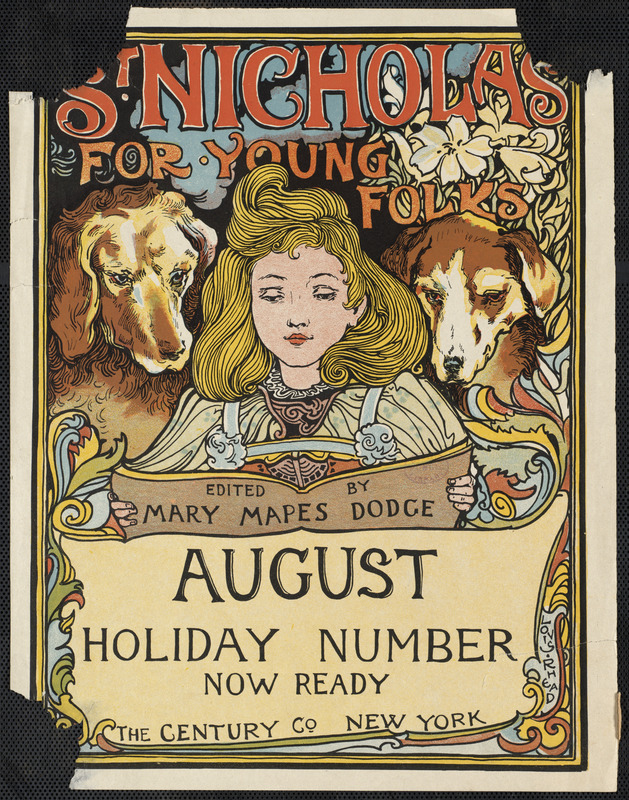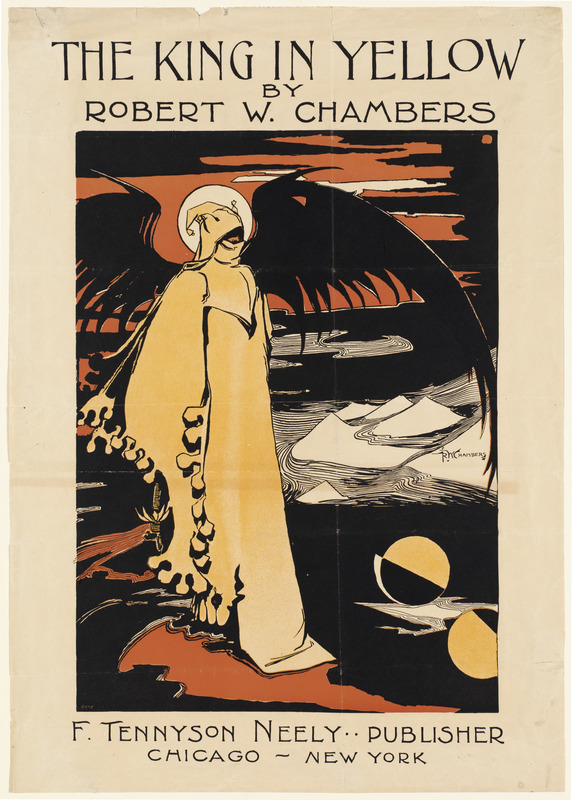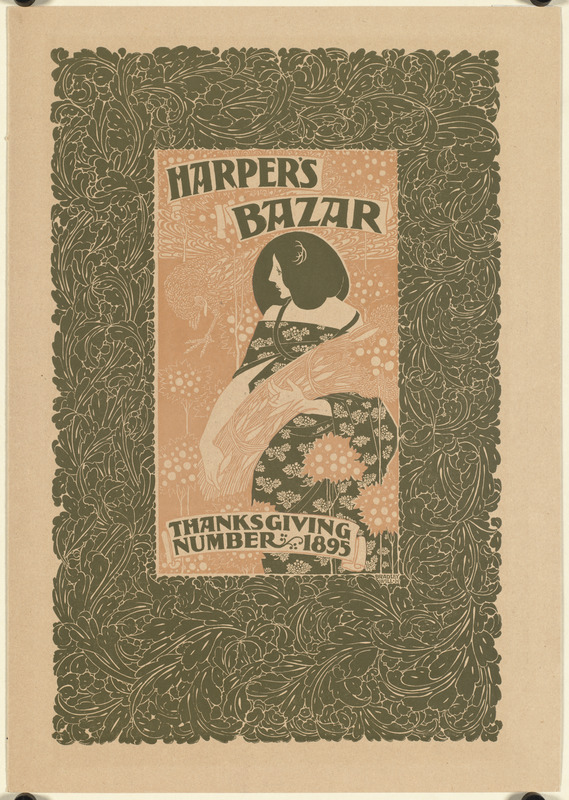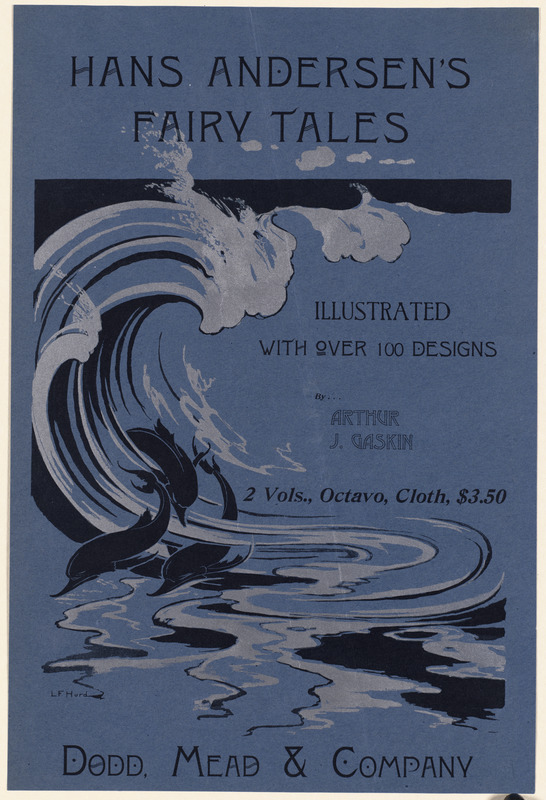Eighth Episode
CASE OF THE HAUNTING OF GRANGE
I
A large lamp burned in the centre of the table; a red-shaded candle stood close by each diner; and the soft light made a brave enough show upon the snowy napery and spotless silver, but dispersed nothing of the gloom about us. The table was a lighted oasis in the desert of the huge apartment. One could barely pick out the suits of armour and trophies which hung from distant panelled walls, and I started repeatedly when the butler appeared, silent, at my elbow.
Of the party of five, four were men—three of them (for I venture to include myself) neatly groomed and dressed with care in conventional dinner fashion. The fourth was a heavy figure in a dress-coat with broad satin lapels such as I have seen, I think, in pictures of Victorian celebrities. I have no doubt, judging from its shiny appearance, that it was the workmanship of a Victorian tailor. The vest was cut high and also boasted lapels; the trousers, though at present they were concealed beneath the table, belonged to a different suit, possibly a mourning suit, and to a different sartorial epoch.
The woman, young, dark and exceedingly pretty, wore a gown of shimmering amber, cut with Parisian daring. Her beautiful eyes were more often lowered than raised, for Sir James Leyland, our host, was unable to conceal his admiration; his face, tanned by his life in the Bush, was often turned to her. Clement Leyland, the baronet’s cousin, bore a striking resemblance to Sir James, but entirely lacked the latter’s breezy manner. I set him down for a man who thought much and said little.
However, conversation could not well flag at a board boasting the presence of such a genial colonial as Sir James, and such a storehouse of anecdotal oddities as Moris Klaw. Mr. Leyland and myself, then, for the most part practised the difficult art of listening; for Isis Klaw, I learned, could talk almost as entertainingly as her father.
“I am so glad,” said Moris Klaw, and his voice rumbled thunderously about the room, “that I have this opportunity to visit Grange.”
“It certainly has great historic interest,” agreed Sir James. “I had never anticipated inheriting the grand old place, much less the title. My uncle’s early death, unmarried, very considerably altered my prospects; I became a landed proprietor who might otherwise have become a ‘Murrumbidgee whaler!’ ”
He laughed, light-heartedly, glancing at Isis Klaw, and from her to his cousin.
“Clem had everything in apple-pie order for me,” he added, “including the family goblin!”
“Ah! that family goblin!” rumbled Moris Klaw. “It is him I am after, that goblin!”
The history of Grange, in fact, was directly responsible for Moris Klaw’s presence that night. An odd little book, Psychic Angles, had recently attracted considerable attention amongst students of the occult, and had proved equally interesting to the general public. It dealt with the subject of ghosts from quite a new standpoint, and incidentally revealed its anonymous author as one conversant apparently with the history of every haunted house in Europe. Few knew that the curio-dealer of Wapping was the author, but as Grange was dealt with in Psychic Angles, amongst a number of other haunted homes of England, a letter from Sir James Leyland, forwarded by the publisher, had invited the author to investigate the latest developments of the Leyland family ghost.
I had had the privilege to be associated with Moris Klaw, in another case of apparent haunting—that which I have dealt with in an earlier paper; the haunting of The Grove. He had courteously invited me, then, to assist him (his own expression) in the inquiry at Grange. I welcomed the opportunity; for I was anxious to include in my annals at least one other case of the apparent occult.
“We shall without delay,” continued the eccentric investigator, “endeavour to meet him face to face—this disturber of the peace. Sir James, it is with the phenomena you call ghosts the same as with valuable relics, with jewels, with mummies—ah, those mummies!—with beautiful women!”
“To liken a beautiful woman to a relic,” said Sir James, “would be—well——” he glanced at Isis, “hardly complimentary!”
“It would be true!” Moris Klaw assured him impressively. “Nature, that mystic process of reproduction, wastes not its models. Sir James, all beauty is duplicated. Look at my daughter Isis.” (Sir James readily obeyed.) “You see her, yes? And what do you see?”
Isis lowered her eyes, but, frankly, I was unable to perceive an evidence of embarrassment in this singularly self-possessed girl.
“Perhaps,” resumed her father, “I could tell you what you see; but I will only tell you what it is you may see. You may see a beauty of your Regency or a favourite of your Charles; the daughter of a Viking, an ancient British princess; the slave of a Caesar, the dancer of a Pharaoh!”
“You believe in reincarnation?” suggested Clement Leyland, quietly.
“Yes, certainly, why not, of course!” rumbled Moris Klaw. “But I do not speak of it now, not I; I speak of Nature’s reproduction; I tell you how Nature wastes nothing which is beautiful. What has the soul to do with the body? I tell you how the reproduction goes on and on until the mould, the plate, the die, has perished! So is it with ghosts. You write me that your goblin has learned some new tricks. I answer, your goblin can never learn new tricks; I answer this is not he, it is another goblin! Nature is conservative with her goblins as with her beautiful women; she does not disfigure the old model with alterations. What! Chop them about! Never! she makes new ones.”
Clement Leyland smiled discreetly, but Sir James was evidently interested.
“Of course I’ve read Psychic Angles, Mr. Klaw,” he said, “consequently your novel theories do not altogether surprise me. I gather your meaning to be this: a haunted house is haunted in exactly the same way generation after generation? Any new development points to the presence of a new force or intelligence?”
“It is exactly quite so,” Moris Klaw nodded sympathetically. “You have the receptive mind, Sir James; you should take up ghosts; they would like you. There is a scientific future for the sympathetic ghost-hunter—for I will whisper it—these poor ghosts are sometimes so glad to be hunted! It is a lonely life, that of a ghost!”
“The Grange ghost,” Sir James assured him, “is a most gregarious animal. He doesn’t go in for lonely groanings in the chapel or anything of that kind; he drops into the billiard-room frequently, he’s often to be met with right here in the dining-room, and of late he’s been sleeping with me regularly!”
“So I hear,” rumbled Moris Klaw; “so I hear. It is quaint, yes, proceed, my friend.”
Isis Klaw sat with her big eyes fixed upon Sir James as he continued:
“The traditional ghost of Grange was a grey monk who on certain nights—I forget the exact dates—came out from the chapel beyond the orchard carrying a long staff, walked up to a buttress of the west wall and disappeared at the point where formerly there was a private entrance. In fact there used to be a secret stair opening at that point and communicating with a room built by a remote Leyland of the eighth Henry’s time—a notorious roué. The last Leyland to use the room was Sir Francis, an intimate of Charles II. The next heir had the wing rebuilt, and the ancient door walled up.”
“Yes, yes,” said Moris Klaw. “I know it all, but you tell it well. This is a most interesting house, this Grange. I have recorded him, the grey monk, and I learn with surprise how another spook comes poaching on his preserves! Tell us now of these new developments, Sir James.”
Sir James cleared his throat and glanced about the table. “Please smoke,” said Isis; “because I should like to smoke, too!”
“Yes, yes!” agreed Moris Klaw. “Remain, my child, we will all remain; do not let us move an inch. This banqueting-hall is loaded with psychic impressions. Let us smoke and concentrate our minds upon the problem.”
Coffee and liqueurs were placed upon the table and cigarettes lighted. In deference to the presence of Isis, I suppose, no cigars were smoked; but the girl lighted an Egyptian cigarette proffered by Sir James with the insouciance of an old devotee of my Lady Nicotine. The butler having made his final departure, we were left—a lonely company in our lighted oasis—amid the shadow desert of that huge and ghostly apartment.
“All sorts of singular things have happened,” began Sir James, “since my return from Australia. Of course I cannot say if these are recent developments, because my uncle, for seven or eight years before his death, resided entirely in London, and Grange was in charge of the housekeeper. It is notorious, is it not, that housekeepers and such worthy ladies never by any chance detect anything unseemly in family establishments with which they are associated? Anyway, when I was dug up out of the Bush, and all the formalities were through, good old Clement here set about putting things to rights for me and I arrived to find Grange a perfect picture from floor to roof. New servants engaged, too, though the housekeeper and the butler, who have been in the family for years, remained, of course, with some other old servants. As I have said, everything was in apple-pie order.”
“Including the ghost!” interpolated his cousin, laughing.
“That’s the trouble,” said Sir James, banging his fist upon the table; “the very first night I dined in this room there was a most uncanny manifestation. Clement and I were sitting here at this very table; we had dined—not unwisely, don’t think that—and were just smoking and chatting, when——”
He ceased abruptly; in fact the effect was similar to that which would have resulted had a solid door suddenly been closed upon the speaker. But the stark silence which ensued was instantly interrupted. My blood seemed to freeze in my veins; a horrid, supernatural dread held me fast in my chair.
For, echoing hollowly around and about the huge, ancient apartment, rolled, booming, a peal of demoniacal laughter! From whence it proceeded I was wholly unable to imagine. It seemed to be all about, above us, and beneath us. It was mad, devilish, a hell-sound impossible to describe. It rose, it fell, it rose again—and ceased abruptly. Continue reading “The Dream Detective: Case of the Haunting of Grange”
